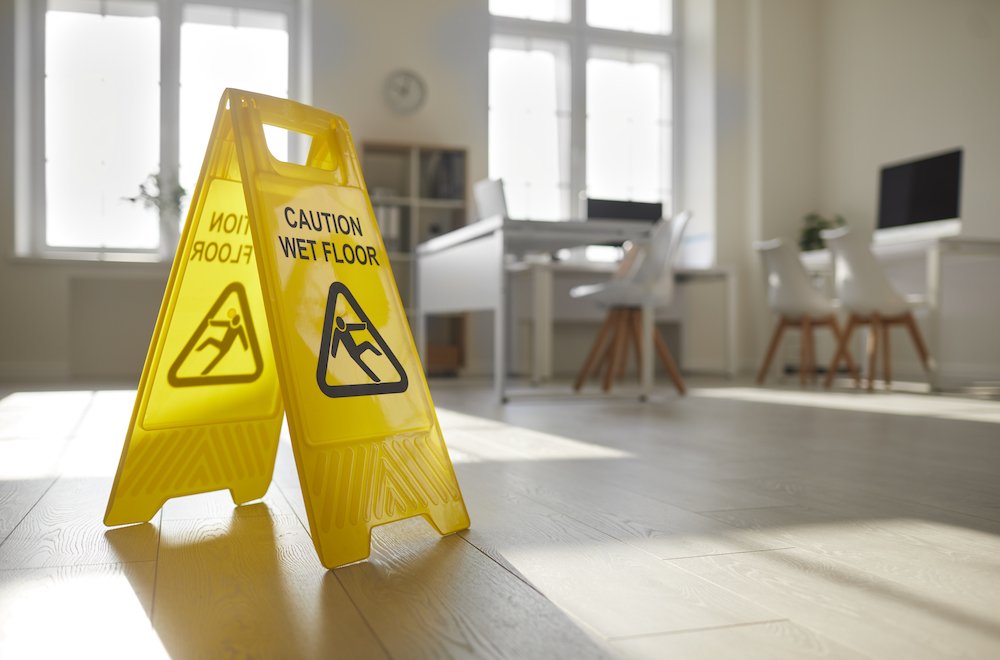
If you are injured while patronizing a local business during normal hours, the owner of that business may be held legally responsible for your injuries. Such claims often involve slip and fall accidents caused by some dangerous or hazardous condition on the property. But it is important to understand that owners are not necessarily liable for all injuries that may happen to occur on their premises.
Rather, Texas law requires a slip and fall accident victim to prove four “essential elements”:
- The owner had actual or constructive knowledge of the condition at issue.
- The condition itself was unreasonably dangerous.
- The owner did not exercise reasonable care to reduce or eliminate the unreasonable risk of harm.
- The owner’s failure to reduce or eliminate this unreasonable risk of harm was the proximate cause of the patron’s injuries.
If a property owner can disprove or “negate” any one of these four essential elements, that is sufficient to defeat a patron’s slip and fall claim.
Houston Pub Owner Faces Trial Over Broken Chair That Injured Customer
Of course, just because a property owner denies that one of the four essential elements is true, that does not mean they can just walk away from a lawsuit. A recent decision from the Texas 14th District Court of Appeals here in Houston, Blake v. Syabrite Pubs, LLC, provides a good illustration of these principles.
The defendant in this case owns a neighborhood pub. The plaintiff visited the pub for dinner one night. As the plaintiff sat waiting for his meal, one of the legs on the plastic chair he was sitting on broke, causing the plaintiff to fall to the ground. The plaintiff subsequently sued the defendant, alleging it was negligent for failing to discover, correct, and warn regarding the dangerous condition posed by the defective chair.
Before a trial court, the defense moved for summary judgment, in effect arguing it could negate one or more of the essential elements as a matter of law and without the need for trial. The trial court agreed and granted summary judgment. But on appeal, the 14th District reversed and said the plaintiff’s lawsuit could proceed.
The appeals court focused on two questions:
● Did the defense conclusively negate the existence of an unreasonably dangerous condition?
● Did the defense conclusively negate its actual and constructive knowledge of the condition?
The court answered “no” to both questions. Regarding the first question, the defense argued the broken chair was “not visibly defective” prior to the plaintiff’s accident. But the court noted there was evidence presented that the exact same type of chair had broken and injured a patron in a prior accident. So there was some question as to whether these chairs were unreasonably dangerous.
As to the second question, the defense effectively had to prove a negative–that it did not know the plaintiff’s chair was dangerous. Here, the defense cited the testimony of one of its own servers, who testified she inspected that specific chair the day before the accident and did not see a problem. The court pointed out, however, that the relevant issue was whether the chair was defective on the day of the accident, not the day before.
Contact The Stano Law Firm Today
Slip and fall and similar accidents on private property can leave victims with a substantial amount of medical bills and out-of-pocket financial losses. So you should never hesitate to hold a negligent property owner legally responsible. If you need to speak with a qualified Houston slip and falls attorney, contact The Stano Law Firm today to schedule a free consultation. Reach us by phone at 713-766-4380 or use our contact us form.